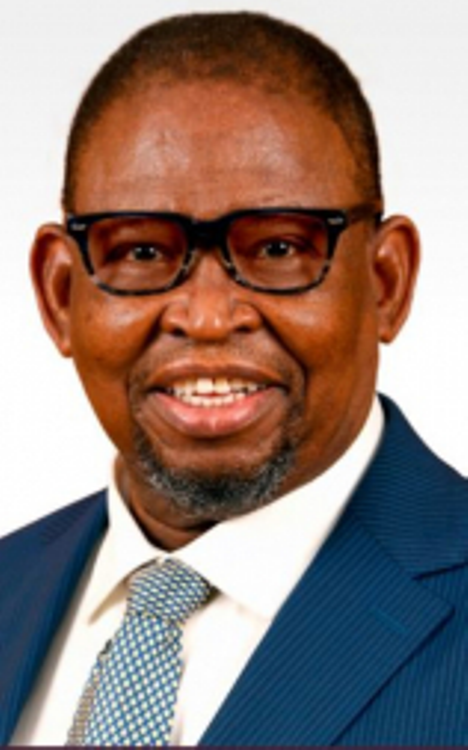SA Targets R6.69 Trillion Expenditure to Boost Services and Infrastructure
The objective, according to the Minister, is to ensure the restoration and expansion of essential frontline services such as health and education, especially in underserved communities.

- Country:
- South Africa
In a decisive address to Parliament, South Africa’s Finance Minister Enoch Godongwana outlined a bold public spending strategy that aims to strengthen key service sectors and infrastructure investment over the medium term. The proposed allocation, which excludes interest payments, is set to reach an estimated R6.69 trillion over the 2025 Medium-Term Expenditure Framework (MTEF). The objective, according to the Minister, is to ensure the restoration and expansion of essential frontline services such as health and education, especially in underserved communities.
Strengthening Education: Over R1 Trillion for Provincial Sector
The provincial education budget baseline has been earmarked at a significant R1.04 trillion for the 2025 MTEF period. This robust investment will help maintain current teaching staff levels and create new employment opportunities within the education sector.
An additional R9.5 billion is specifically allocated to support the retention and hiring of more teachers, ensuring that South African classrooms remain adequately staffed. Further, as part of a strategic push to strengthen early childhood education, the government has confirmed the continuation of a R10 billion increase initially announced in the March 12 budget.
The impact of this investment is two-fold. First, it will raise the Early Childhood Development (ECD) subsidy from R17 per child per day to R24, allowing for better quality care and learning resources. Second, it is expected to extend ECD services to an additional 700,000 children under the age of five—one of the largest expansions of early learning access in recent years.
Expanding Healthcare: R845 Billion to Hire Doctors and Reduce Accruals
Healthcare services are another major beneficiary of the proposed medium-term budget. The provincial health sector will receive approximately R845 billion over the next three years. A considerable portion of this—R20.8 billion—is earmarked to address personnel pressures and reduce historical accruals in the system.
The new funds will enable the employment of 800 post-community service doctors, providing much-needed reinforcement to overburdened public health facilities. These positions are designed for medical professionals who have completed in-service training but are still awaiting full-time placement. The allocation will also ensure that healthcare facilities can afford essential medical goods and services, and help stabilise operational budgets across the provinces.
Strategic Military Reallocation: SANDF to Exit DRC
Minister Godongwana also addressed South Africa’s military engagements abroad. Notably, the budget initially set aside for the deployment of South African National Defence Force (SANDF) troops in the Democratic Republic of Congo (DRC) as part of the Southern African Development Community (SADC) mission has been restructured.
Due to the scheduled withdrawal of South African forces from the DRC, the proposed R5 billion defence allocation has been curtailed. However, the budget for the 2025/26 financial year has been increased from R1.8 billion to R3 billion. This revision aims to support a smooth and secure exit process, including the safe return of troops and retrieval of mission-critical equipment.
Moderate Adjustments in Other Budget Lines
While the government is holding firm on its commitments to public sector reform, a few budget lines have been adjusted slightly. These include funding for early retirement schemes, allocations to the Passenger Rail Agency of South Africa (PRASA), and support for municipal trading entity reforms. Although these areas will still receive financial backing, the levels will be marginally lower than what was originally anticipated in the March 12 budget.
Reinforcing Government Capacity and Public Trust
“This spending plan underscores the government’s determination to reinforce the state’s ability to deliver quality, reliable, and sustainable core services,” said Godongwana in closing.
The proposed budget reflects a strategic shift towards a more inclusive and service-oriented public sector. It is not only a fiscal exercise but a political commitment to revitalize public institutions and meet the basic needs of South Africa’s population. As Parliament reviews the proposals in the coming months, the focus will likely center on accountability, implementation timelines, and the measurable impact on everyday citizens.










